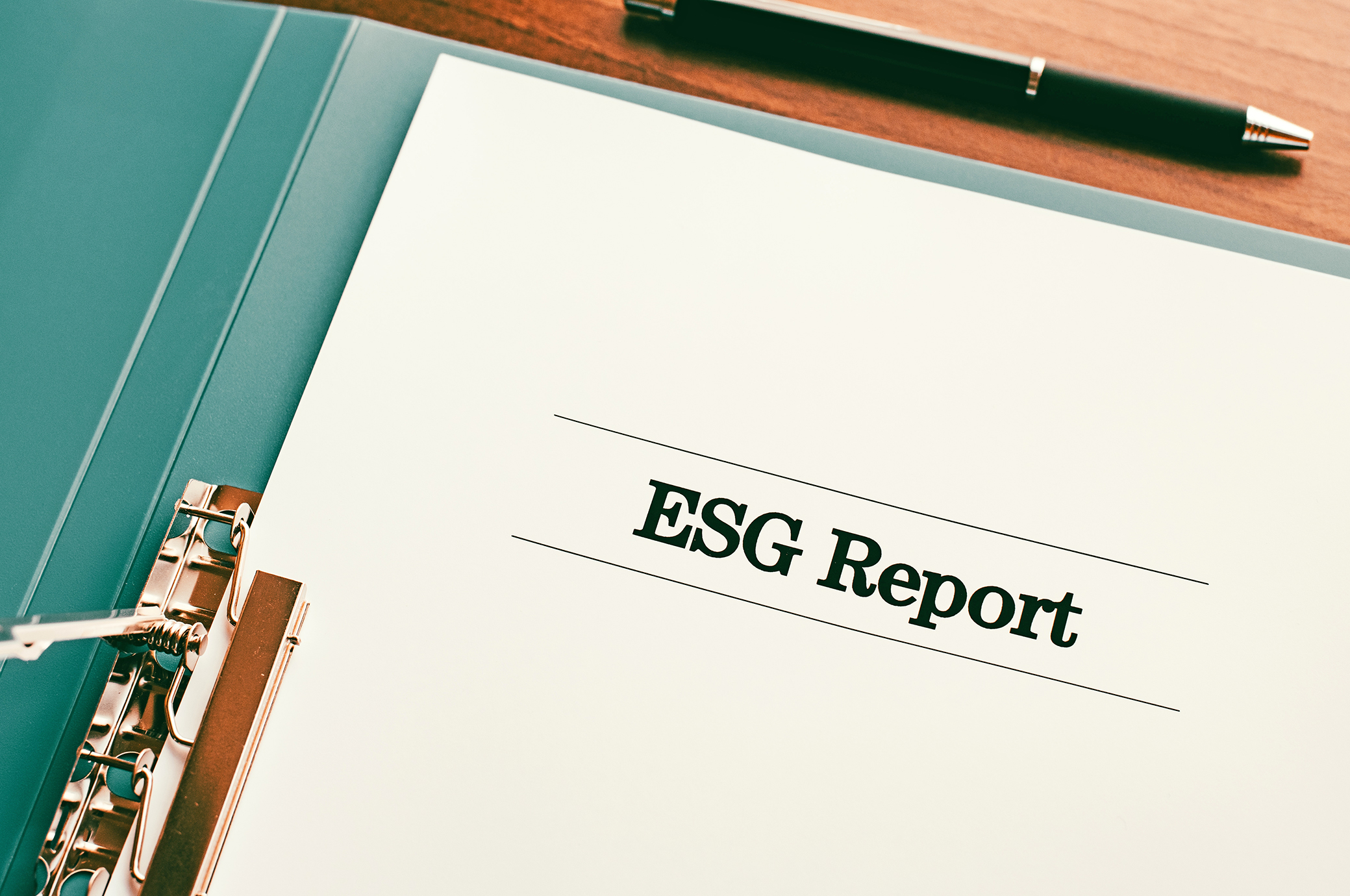Trending in Hungary: Could AI Help Smooth the way for ESG Reporting?

The hope is that AI can evolve quickly to help facilitate the production of ESG reports.
Image by Boy Anthony / Shutterstock.com.
With constant changes within Hungarian sustainability reporting requirements and advanced expectations from affected companies, consulting professionals across Budapest discuss the future of artificial intelligence within the area of ESG reporting and overarching trends across the European Union.
As the expectations for ESG reports grow and there is a demand for ever more aspects to be considered, the use of artificial intelligence as a tool to boost efficiency in ESG reporting is a developing conversation for affected companies.
“As of right now, due to the published legal requirements, the typical approach to preparing ESG reports is just to ‘get it done.’ Under any circumstances, the report should be prepared without sparing time and resources,” says Julianna Nagy, senior manager and head of ESG and climate change services at KPMG Hungary.
“During the first attempt, everyone involved will see this is not a viable path; the work is much bigger than anticipated. For this reason, the use of digital solutions becomes inevitable over time in terms of the manageability of the process, the turnaround time of reporting and the quality of the report,” she adds.
Nagy accepts that “The collection and production of sustainability data is in its infancy.” According to Ákos Lukács, head of climate change and sustainability services at EY, that may be one of the leading limitations to the effective use of artificial intelligence.
Data Availability
“The first problem in the case of sustainability reports is the availability of data, for which companies must devote serious work and resources,” Lukács notes.
“In certain areas, artificial intelligence can be of great help in aggregating and automating existing data and in creating benchmarks in the event of data gaps, but the quality of the data, which cannot be created by automation alone, must not fall victim to this; additional tasks must be performed for this,” he warns.
Although professionals agree that the automation of data collecting and reporting is right around the corner in relation to sustainability practices, there are still reservations about its development.
“The use of digital solutions, automation and artificial intelligence is, for the time being, decisive. Although the growing interest is palpable, technological investments are being put on hold for the time being, but this may change as the value chain becomes more focused,” explains Réka Szücs, sustainability service line leader at Deloitte.
“It is unrealistic to expect that a company’s very first ESG report should be fully integrated and automated,” cautions Nagy of KPMG. “Companies must be guided step by step along the path to smooth ESG data management and reporting, where the resulting report is only the tip of the iceberg and is built from quite a few building blocks. Artificial intelligence will certainly play a role in this over time,” she adds.
Equal Attention
In terms of overall trends, it is evident that most of the recent initiatives from European organizations have been centered around environmental aspects, especially with the overarching aim of the EU Green Deal to create a carbon-neutral European Union by 2050. However, with the enactment of the Corporate Sustainability Reporting Directive (CSRD) by the Council of Europe and the ESG Act by the Hungarian Parliament, it seems clear that policymakers want to divide attention and resources equally amongst all three areas of ESG.
“European institutions are constantly paying a lot of attention to strengthening environmental protection legislation, including last year’s increase in energy efficiency targets, first by the European Union and then domestically,” EY’s Lukács shares.
“The support of social target groups also receives constant attention, especially with the focus on the workforce and local communities. The reform of corporate governance systems is also constantly on the agenda, such as by introducing systems for reporting abuse or by strengthening the stock exchange’s responsible governance,” he explains.
“In turn, Hungary created a national ESG framework, under the focus of which environmental, social, and governance areas can begin serious development,” Lukács concludes.
The combination of new initiatives within the European Union and the increasingly meticulous expectations from companies point to a more transparent and efficient sustainability reporting system in the near future for Hungary and the rest of the European Union.
This article was first published in the Budapest Business Journal print issue of February 9, 2024.
SUPPORT THE BUDAPEST BUSINESS JOURNAL
Producing journalism that is worthy of the name is a costly business. For 27 years, the publishers, editors and reporters of the Budapest Business Journal have striven to bring you business news that works, information that you can trust, that is factual, accurate and presented without fear or favor.
Newspaper organizations across the globe have struggled to find a business model that allows them to continue to excel, without compromising their ability to perform. Most recently, some have experimented with the idea of involving their most important stakeholders, their readers.
We would like to offer that same opportunity to our readers. We would like to invite you to help us deliver the quality business journalism you require. Hit our Support the BBJ button and you can choose the how much and how often you send us your contributions.









